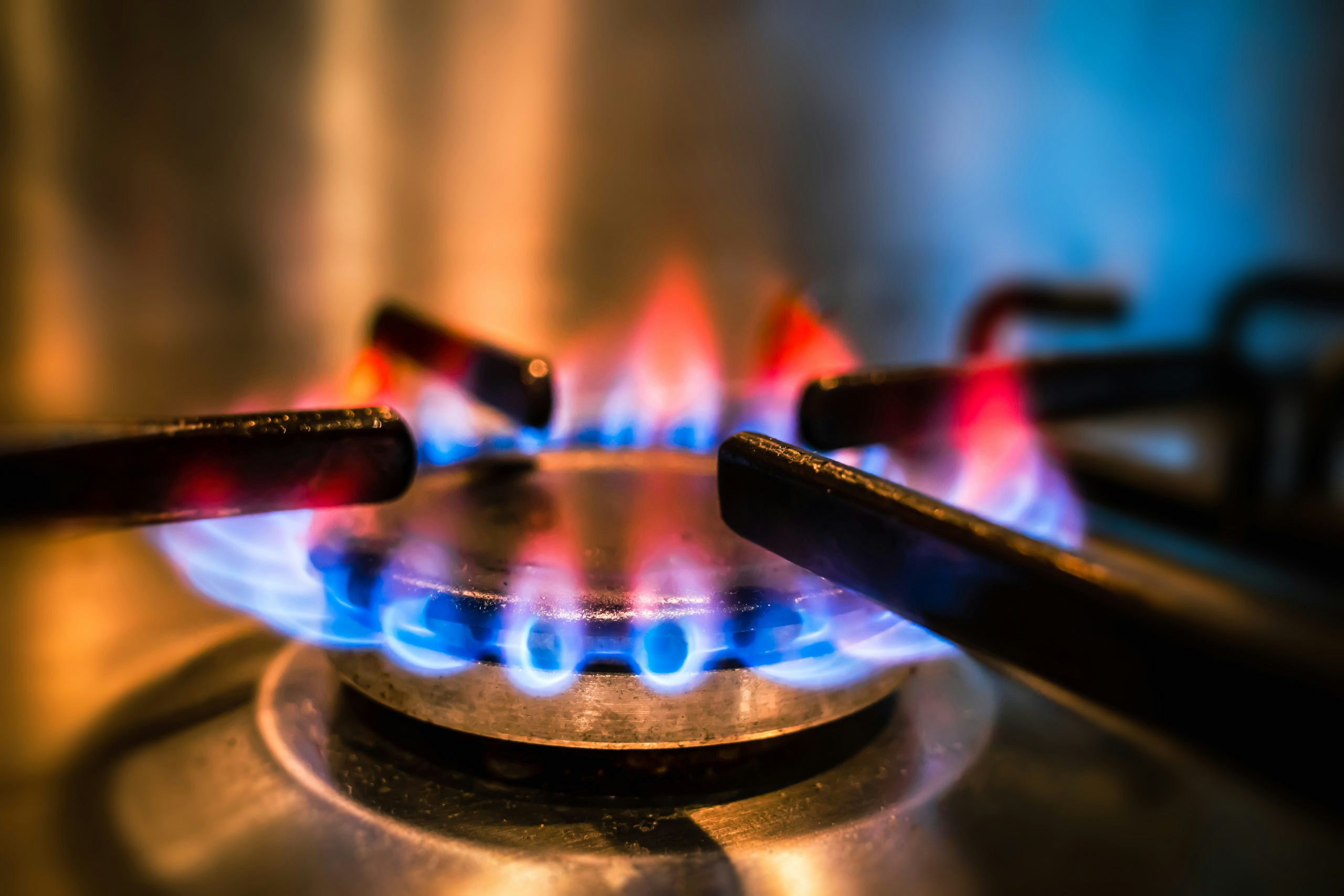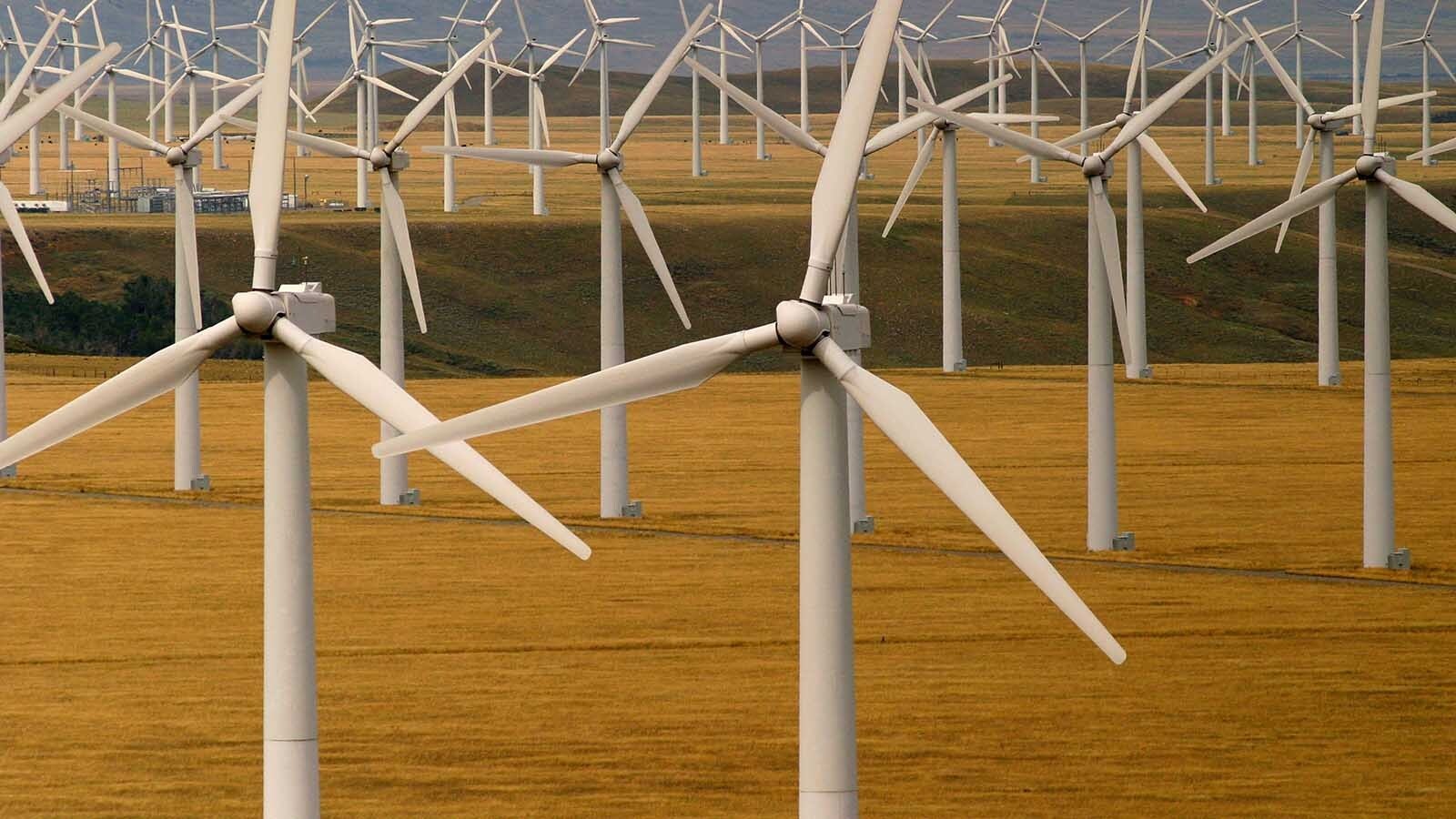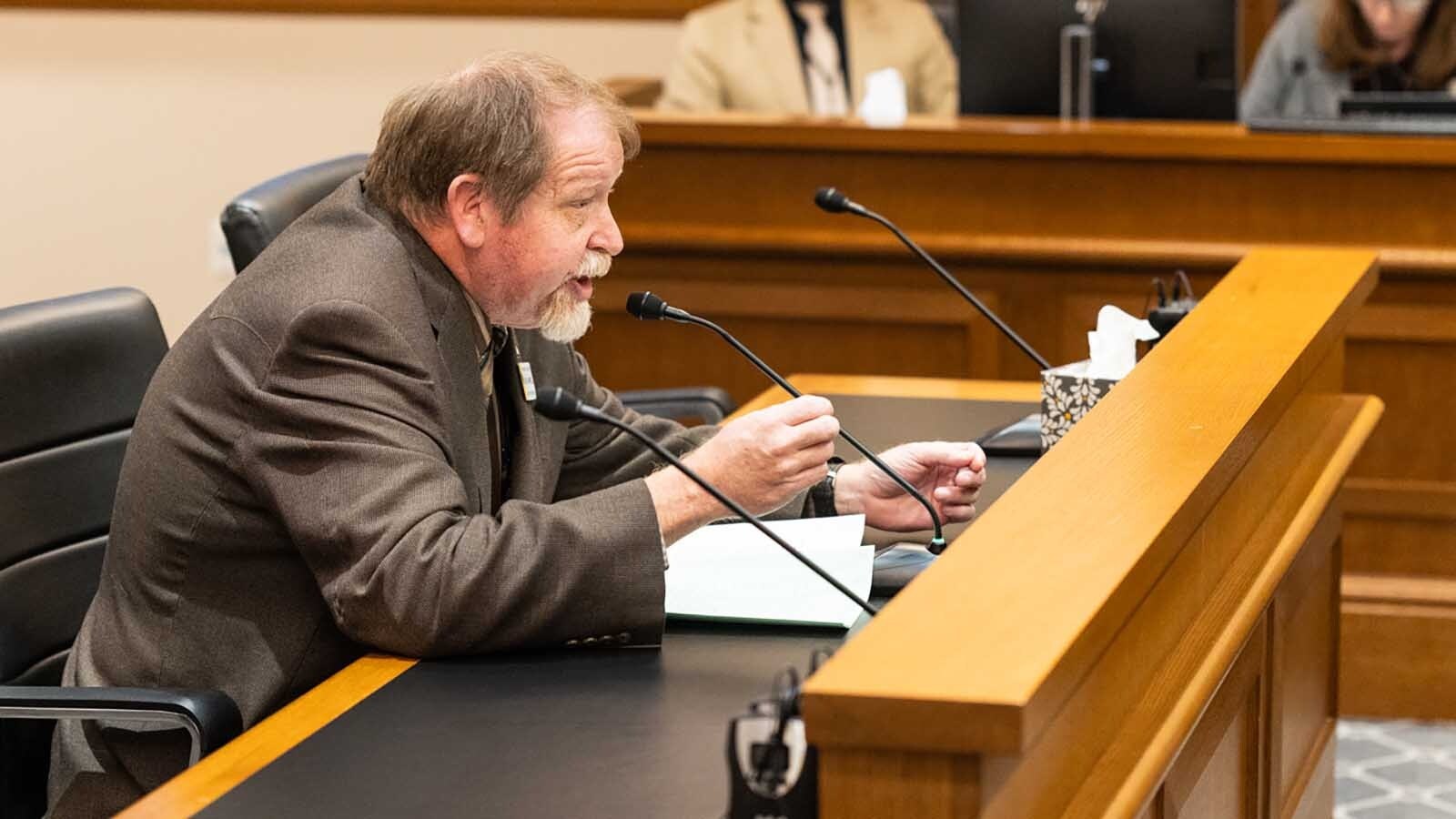The Biden administration’s U.S. Consumer Product Safety Commission is backtracking on a proposal to ban gas stoves after critics attacked the plan and the study that inspired it as federal government overreach.
Richard Trumpka, a commissioner with the U.S. Consumer Product Safety Commission (CPSC), told Bloomberg this week that gas stoves are producing harmful amounts of indoor air pollution and that “products that can’t be made safe can be banned.”
Trumpka said options for the agency include barring the manufacture and import of gas stoves, as well as setting standards on appliance emissions.
Sparked A Debate
The report set off a wave of criticism, and Trumpka immediately walked back his statements on Twitter, saying the agency isn’t coming for anyone’s gas stoves.
“Regulations apply to new products,” he tweeted.
On Wednesday, Commission Chair Alexander Hoehn-Saric said in a statement that the agency is looking for ways to reduce indoor pollution hazards, but that “I am not looking to ban gas stoves and the CPSC has no proceeding to do so.”
A White House spokesperson told CNN on Wednesday that President Joe Biden doesn’t support the ban on gas stoves, either.
Rep. Alexandria Ocasio-Cortez, D-New York, said she supported the proposed ban stating that use of gas stoves causes brain damage.
The New York representative cited a Vox article to defend the claim.
Climate crisis skeptic Shamika Teller replied, “Wow, you referenced a Vox article. That’s some solid science, sister.”
Not Substantiated
While the agency cooled on the gas stove ban proposal, the science that sparked the debate has received considerable scrutiny since Trumpka made his comments.
The Bloomberg report cited a study published in December in the International Journal of Environmental Research and Public Health that concludes that 12% of current childhood asthma cases in the U.S. can be attributed to gas stoves.
Richard Meyer, vice president of energy markets for the American Gas Association, told Cowboy State Daily that the study, which was co-authored by RMI, a prominent anti-fossil fuel group, contained conclusions “not substantiated by sound science.”
“Any discussion or perpetuation of the allegations in this report which is funded by non-governmental organizations to advance their agenda to remove consumer energy choice and the option of natural gas is reckless,” Meyer said.
The study’s conclusions weren’t based on any actual measurements or tests of real-life appliance usage. Its conclusions also are limited to using the appliances with poor ventilation, particularly in small kitchens.
Meyer pointed to a study of data collected from more than 500,000 children in 47 countries that detected no evidence of an association between the use of gas as a cooking fuel and either asthma symptoms or asthma diagnoses.
“Regulators, like the Consumer Products Safety Commission, should rely on real data and science and not unsubstantiated claims of advocates,” Meyer said.
Bogus Technique
Steve Milloy, an adjunct analyst with CEI, pointed out a number of flaws on his Junk Science blog. He served on the EPA transition team for the Trump administration, has authored several books on scientific misinformation and published hundreds of articles in major newspapers.
The study, Milloy noted, did not actually do any research on children. It conducts a meta-analysis of other studies and mixes all the results together to create some statistical significance.
“This is a bogus technique,” Milloy wrote, and its results are “weak statistical associations.”
He also points out that asthma is an allergic disease and there are no allergens in natural gas, which means the study is biologically implausible.
The exact cause of asthma isn’t known, so other causes can’t be ruled out.
Lastly, the study uses an epidemiology concept called “attributable risk,” which Milloy wrote can only be used to associate exposures with disease.
The study wrongly tries to make a cause-and-effect relationship between the use of stoves and asthma, but the correlations the study uses to draw its conclusion don’t prove causal relationships, he said.
Extreme Environmentalists
While the CPSC isn’t seriously considering a ban on natural gas stoves, New York and California both have banned natural gas heaters in new buildings.
Berkeley and San Francisco, California, passed bans on natural gas hookups in new construction, which effectively nixes heaters and stoves. New York Gov. Kathy Hochul has vowed to pass a similar ban in her state.
Tom Shepstone, who runs Natural Gas Now, an online resource for content on hydraulic fracturing and natural gas development, told Cowboy State Daily that forcing people to electrify appliances ignores where the electricity comes from.
“We can pretend that we’re not using natural gas by mandating that everybody use an electric appliance,” Shepstone said. “But where does the electricity come from? Well, it either comes from coal or gas.”
Shepstone said there’s an effort from the Biden administration to attack the oil and gas industry on multiple fronts, which is a means to advance renewable energy.
“That’s because it’s staffed by the most extreme of the extreme environmentalists,” Shepstone said.
Shepstone added that, due to the intermittency of wind and solar, they can’t work alone.
“To supply all energy needs, you need to balance them out with another source of energy, whether it’s coal or gas or nuclear,” Shepstone said.





